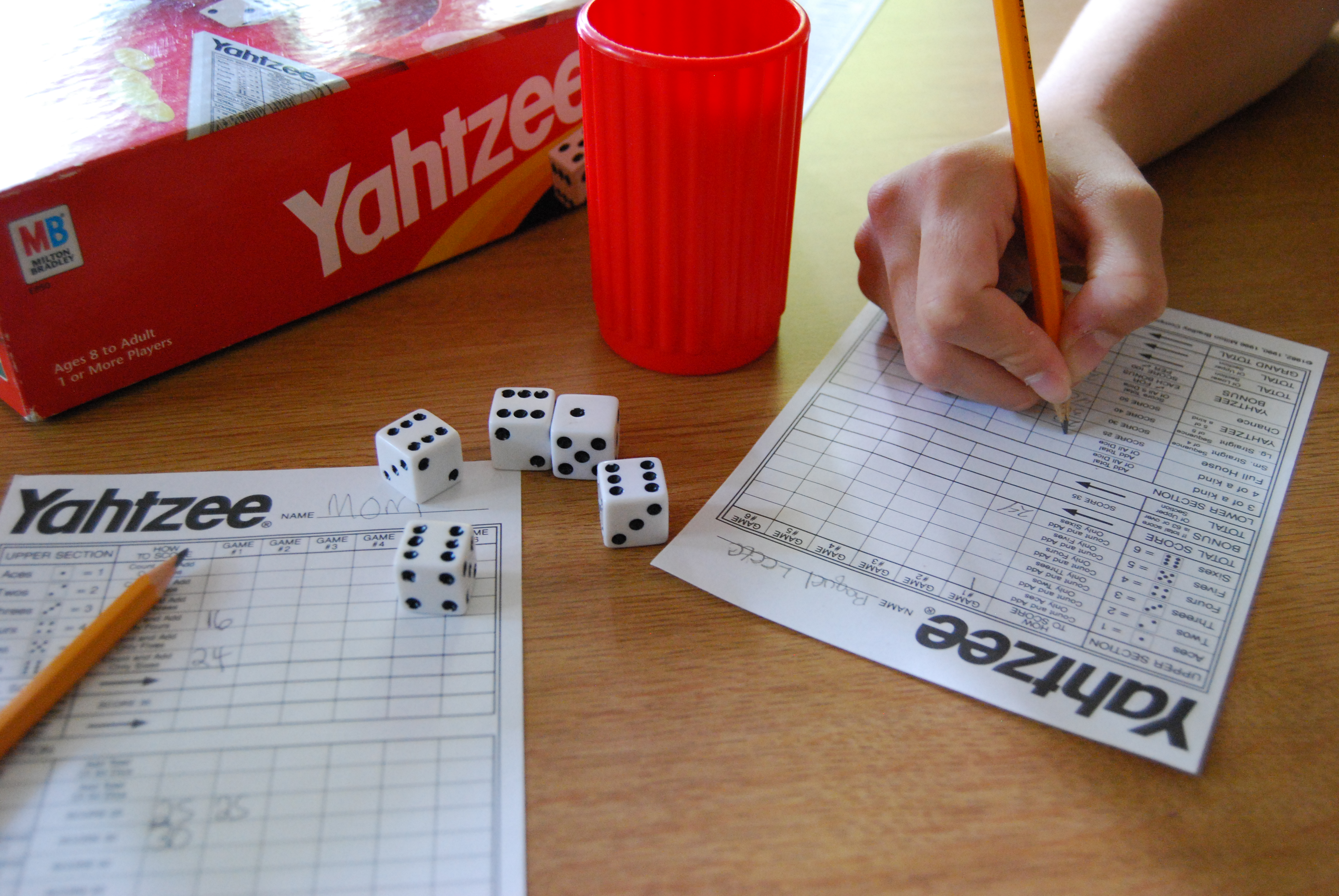The Fascinating History of Yahtzee

By Johan Lefaong, October 3, 2024
---
The roll of the dice, the thrill of calculating combinations, and the strategic decisions behind each move — Yahtzee is more than a game; it’s a cultural phenomenon. From its humble beginnings as a private pastime to becoming a worldwide household name, Yahtzee’s journey is as intriguing as the game itself.
---
Part 1: The Origins of Yahtzee
A Game Born at Sea
Yahtzee, as we know it today, traces its roots to a Canadian couple in the early 1950s. Seeking entertainment aboard their yacht, they devised a game that required five dice and a scorecard to track results. They named it "The Yacht Game," inspired by their nautical lifestyle.The game became popular within their circle of friends, and it wasn’t long before its potential as a marketable product caught the attention of Edwin S. Lowe, a successful game entrepreneur who had previously popularized Bingo.
Edwin S. Lowe's Vision
In 1956, Lowe purchased the rights to the game, recognizing its appeal as both a family activity and a competitive pastime. Renaming it "Yahtzee" for broader appeal, he introduced it to the masses. To spark interest, Lowe hosted Yahtzee parties, where attendees experienced firsthand the excitement of the game. This clever strategy quickly turned the game into a sensation.---
Part 2: Evolution into a Cultural Icon
The Role of Marketing
The success of Yahtzee was due in large part to Edwin Lowe’s innovative marketing. He emphasized the game’s simplicity and accessibility, ensuring it appealed to people of all ages. By packaging the game in a compact box with clear instructions, Yahtzee became a staple for family game nights.Yahtzee and Mathematical Strategy
What sets Yahtzee apart from other dice games is its emphasis on decision-making and strategy. Players must analyze their rolls and decide how to allocate their results to maximize their scores. This blend of numerical reasoning and tactical foresight has helped Yahtzee stand the test of time.---
Part 3: Global Popularity
From Family Rooms to Competitive Arenas
By the 1970s, Yahtzee was not only a family favorite but also a game played competitively. Clubs, tournaments, and leagues sprang up across the globe, where players competed to showcase their skills in scoring high.Variations Around the World
The game’s global reach has led to countless variations. In Japan, for example, the game is known as "Yotto," while in other countries, house rules and creative adaptations have kept the game fresh and engaging. These cultural twists demonstrate Yahtzee’s universal appeal and adaptability.---
Part 4: The Modern Yahtzee Experience
Digital Transformations
With the rise of digital gaming, Yahtzee made the leap to smartphones and online platforms. Apps and virtual versions allow players to enjoy the game solo or challenge opponents worldwide. These innovations have introduced Yahtzee to a new generation of players.A Staple of Game Culture
Today, Yahtzee continues to be a best-seller, with millions of sets sold annually. It is often included in educational settings for teaching probability and decision-making, showcasing its enduring value as more than just a recreational activity.---
Conclusion: A Game for All Time
Yahtzee's success lies in its perfect blend of simplicity, strategy, and timeless appeal. Whether you're playing with family at the kitchen table or competing in an online tournament, Yahtzee offers a dynamic experience that keeps players engaged. Its rich history is a testament to the power of good design and the joy of connecting with others through games.
---
From the rolling dice of a yacht to the tablets of our time, Yahtzee is not just a game; it’s a tradition that continues to inspire and entertain.
